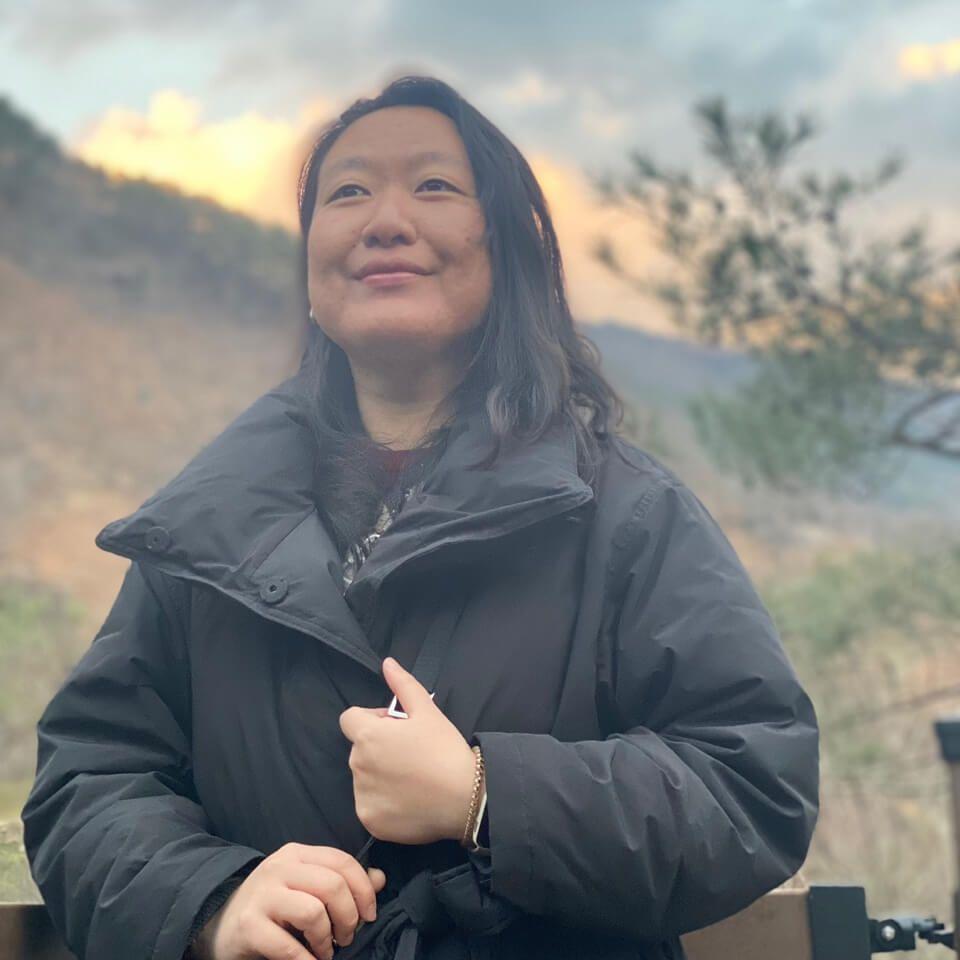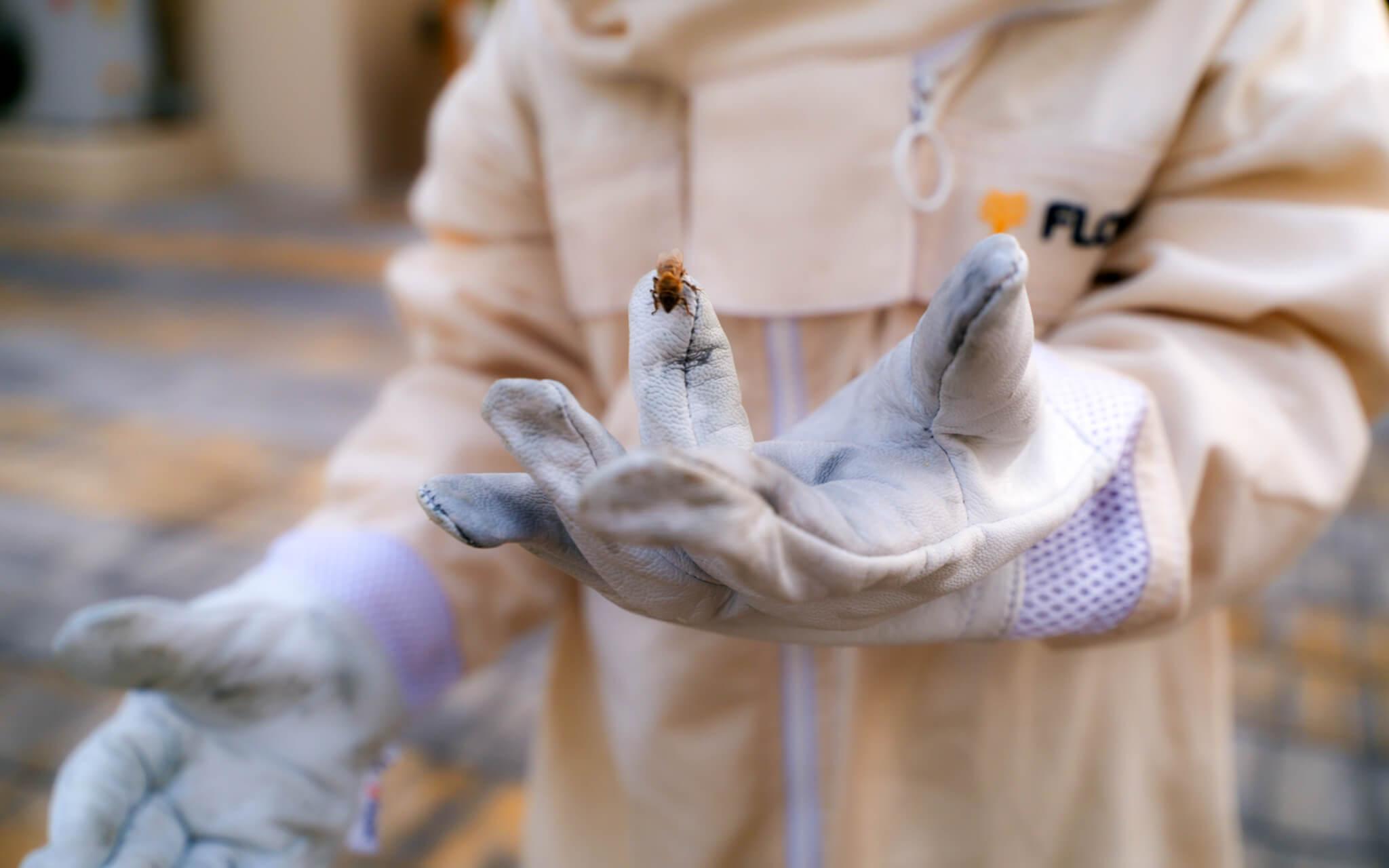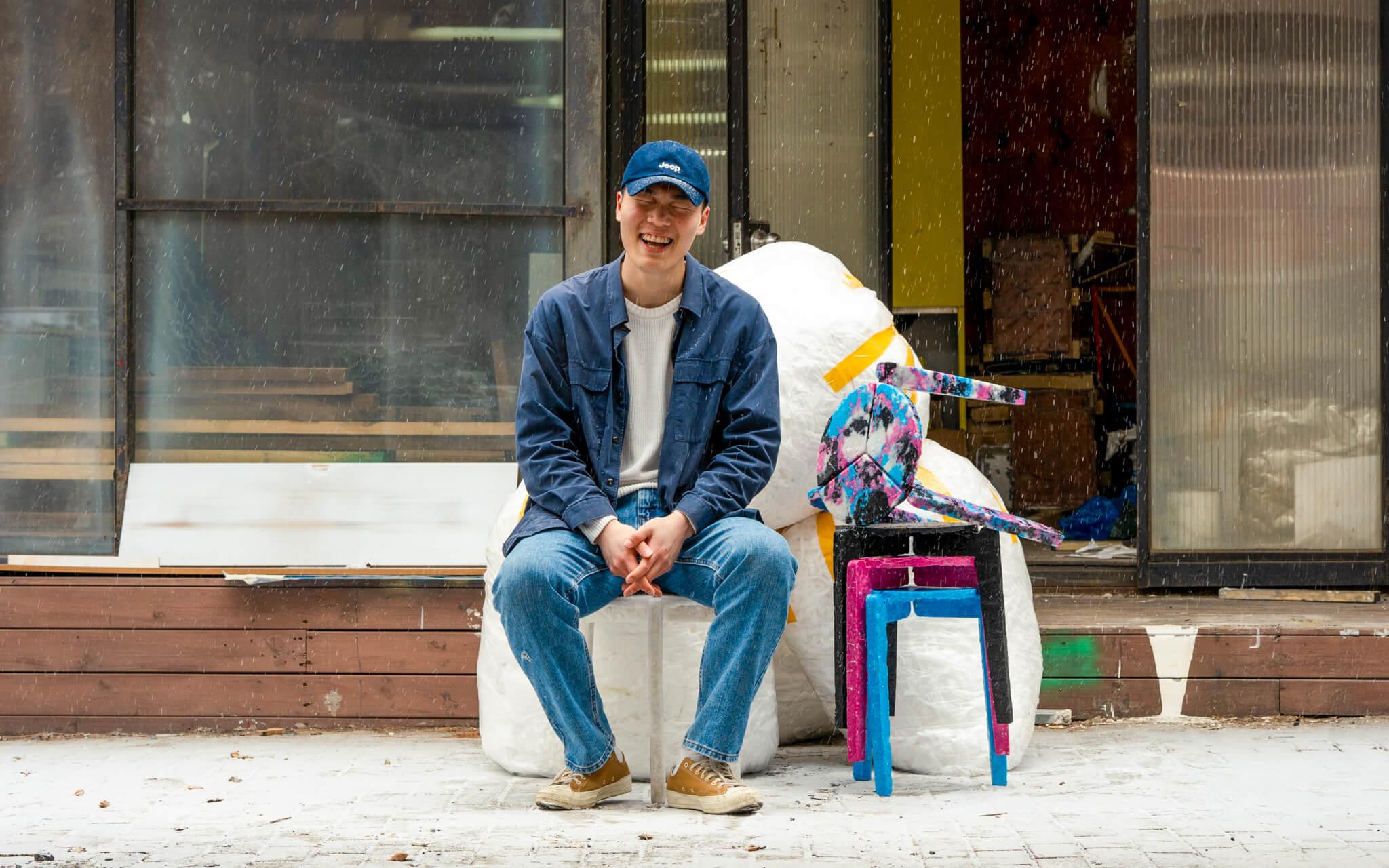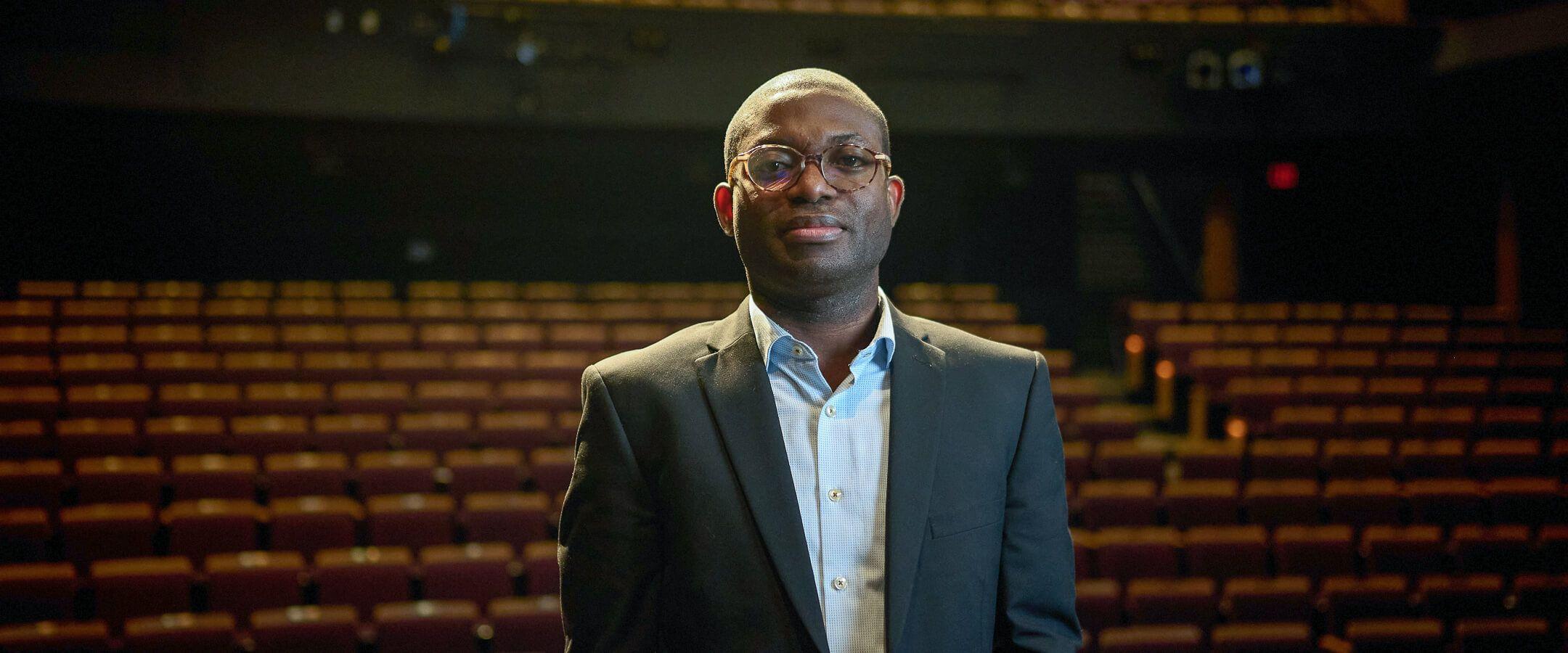Heritage, Resilience, and a Zero-Waste World
Freweyni Asress is an Ethiopian-American environmentalist and the creator of Zero Waste Habesha–an online community built to decolonise the environmental justice space and protect Indigenous voices.
As Third Culture Individuals who moved from countries heavily impacted by Western capitalism, Freweyni Asress and I are quick to bond over a few things: the English-speaking supremacy in both of our cultures and the difficulty of existing alongside the impacts of colonialism in each of our countries.
But first – K-drama.
”Crash Landing On You made me cry so hard!” She laughs (we share a love for the dramatic).
Freweyni beams with joy as she shares her love of Korean food (my home country). The excitement is infectious. I, too, share my love of Ethiopian food. Then, we immediately lament how expensive it is to buy our cultural foods in the USA (Freweyni moved from Ethiopia to the States when she was five years old).
“We can’t even afford our own food even when we miss our homes!” We opine, laughing.
Freweyni, known as the ‘Zero Waste Habesha’ on her social media platforms, is an environmentalist and digital creator whose work centres on the imbalance of voices in climate justice.
Our conversation naturally flows towards the subject of the dangerous commodification of our cultures. The hold of Western capitalism in both of our home countries left these places unrecognisable in their essence—devoid of cultures we once took comfort and pride in.
“Our textiles are a huge part of the Ethiopian culture. Now, you can find them on SHEIN,” Freweyni explains. I shudder at the thought of such a beautiful tradition reduced to a fast-fashion fad.
“What capitalist development feels like to me is to make our cities like the Western ones and adopt Western practices. Those of us in Addis Abada are becoming increasingly detached from the things that make us special. The things that make us.”
”What is Zero Waste Habesha?“ I ask.
“Growing up, I learned that the people from Eritrea and Ethiopia are called Habesha,” Freweyni explains. “It was my way of citing specifically my own connections to sustainability, environmental justice, and the zero-waste world.”
Freweyni was first introduced to the zero-waste movement via lifestyle influencers, predominantly upper-middle-class white women who collected all of their trash in mason jars to bring awareness of overconsumption.
“At first, I was excited because it felt like a tangible way for me to practice my philosophies around waste and combat my climate anxiety. But I ended up becoming more politically aware and critical of the white supremacist narrative within the zero-waste influencer community.”
With this realisation, her activism took a different shape – the one that calls out the deeply white supremacist way of promoting waste reduction. ”The moral responsibility these influencers push forward is at a very individualistic level without acknowledging how communities of colour and currently occupied land globally are targeted with a lot of waste production,” Freweyni explains.
“Whether it is incinerators in Black and Brown communities within the US strategically being located or the plastic islands in Southeast Asian countries — these vulnerable communities, having made the least amount of waste contribution, are experiencing the biggest hardships.”
These vulnerable communities, having made the least amount of waste contribution, are experiencing the biggest hardships.
Freweyni saw that the community of white influencers would often put the heavy burdens of a zero-waste lifestyle on vulnerable communities who do not deserve to have fingers pointed at them.
As a result, Freweyni’s work as Zero Waste Habesha largely focuses on facilitating the conversation among climate advocates on discerning “aesthetics” culture from real, inclusive movements. She is critical of the often distracting and confusing themes of the sustainability influencers.
Frewenyi uses her platform, ZeroWasteHabesha, to document her journey in a zero-waste lifestyle, understand and ruminate about Black ecology, and educate the public through workshops in college campus spaces.
Helping people understand how oppression works in relation to others is important for her, educating her audience on the reality of a “system that works by design.”
“To produce zero-waste, you need mobilisation against the greater system that puts Indigenous, Black and Brown communities in vulnerable places,” she emphasises. In other words, shouting at people to reduce waste isn’t enough. We must create a society where the true reduction of waste is possible on all socio-economic levels.
Freweyni is unashamedly bitter and angry about the complacency and willing ignorance of environmental racism by so-called “environmental activists” “People are dying – why shouldn’t we be?” She reminds us that it’s okay to feel these feelings as long as we are solution-focused.
However, Freweyni is also unabashedly hopeful and caring. “I work a lot with children,” she shares. “And every day, I marvel at the strength in them. That makes me feel hopeful.”
Freweyni also draws wisdom from the elders who remind her of the resilience of Ethiopians.
“My grandma once said, ‘Our world ended many times. You can’t succumb to each time it happens. Every time it happens, you must rebuild.’ So we must rebuild. But the world we rebuild has to be better than the last one.”
By this moment, I realise that Freweyni hasn’t once sounded discouraged.
She only sounds excited to move forward and rebuild, just like the generation before us did and just like the generation after us will, too.
Most Popular
The Climate Tribe delivers stories about Biodiversity and Conservation, Circular Economy, Food and Water , and how they intersect with climate.
Subscribe
Get the latest stories inspiring climate action around the globe straight to your inbox.






